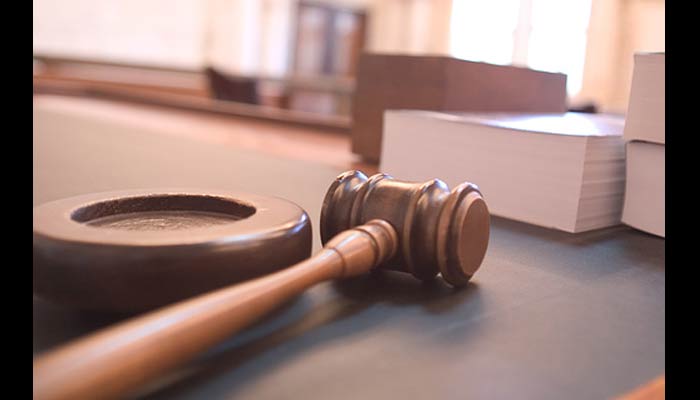TRENDING TAGS :
Lawyers held mainly responsible for inordinate delay in justice
Lawyers held mainly responsible for inordinate delay in justice
New Delhi: One has often wondered why there has been inordinate delay of five to ten years in disposal of court cases in the country when normally they should be cleared in two years? An independent legal policy advisory group which has made a study of thousands of cases has provided the answer.
Adjournment or time sought by lawyers for hearing cases account for 91 per cent of delay by more than two years. In some cases adjournment has been sought for as many as 25 times. In alarming 38 per cent cases hearing has been postponed between four and six times.
And the delay in justice does not benefit any one except the lawyers. " Apart from lawyers who often charge per hearing, none benefits", says the report based on study of 8000 cases of Delhi High Court. The group has not studied the situation in other high courts but it may not be much different.
It is of the view that more than three adjournments should not be allowed. But in about 70 per cent cases there has been more than three-time postponement of hearing.
The study has held judges partly responsible for this. A court can ask the lawyer to bear the cost for unnecessary adjournments but many a time these delays are condoned. This has happened in 20 per cent cases in Delhi.
It has exploded the myth that vacancies for post of judges are mainly responsible for the delay in disposal of criminal and other cases.
The scenario can change. What is required is the will to do so by the courts and the government at the Centre. A small country like Singapore has done it. So can India.
Compulsory use of mediation, greater use of technology and some other dispute redressal mechanisms have helped that country dispose 99 per cent of criminal cases and 95 per cent civil suits in nine years. The judicial reforms were introduced in 1990s and by 1999 there were only a handful of pending cases.
The group has painfully noted that " these ( adjournments) encourage delaying tactics, block judicial time, prevent effective case management and impoverish litigants". The question is : will those who matter pay attention and mitigate the sufferings of ordinary litigants?
Next Story



